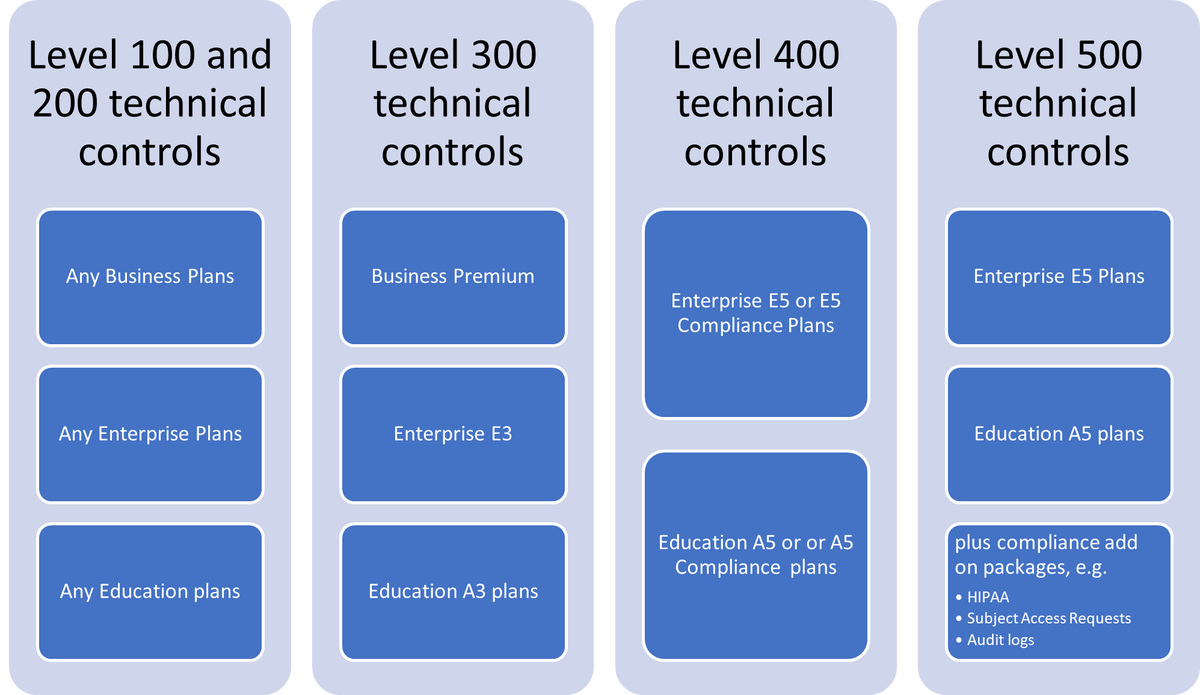


===========================================================
In the dynamic world of perpetual futures, startups face a unique set of challenges. Among these, political risk—the uncertainty arising from government actions, regulatory changes, and geopolitical events—can significantly impact trading strategies, liquidity, and overall profitability. This comprehensive guide explores effective political risk strategies for startups in perpetual futures, combining practical insights, industry trends, and actionable methods to mitigate risk while leveraging opportunities.
Understanding Political Risk in Perpetual Futures
What Is Political Risk and Why It Matters for Startups
Political risk refers to the potential for political decisions, instability, or regulatory changes to affect financial markets and investment outcomes. For startups in perpetual futures, this can manifest as:
- Regulatory changes affecting margin requirements or trading access
- Trade restrictions or sanctions impacting liquidity
- Sudden policy shifts affecting cryptocurrency markets
- Geopolitical tensions leading to market volatility
Startups, with limited capital buffers, are particularly vulnerable to these disruptions. Understanding the sources and impact of political risk is essential for maintaining operational stability and strategic foresight.
Key Political Risk Factors in Perpetual Futures
Some critical factors to consider include:
- Legislation Changes: New crypto or derivatives regulations can alter trading rules.
- Taxation Policies: Sudden tax reforms can affect profitability.
- Geopolitical Conflicts: Regional or global conflicts can disrupt markets.
- Government Intervention: Direct interference, such as market freezes or exchange shutdowns.
For a structured approach to identifying and mitigating these risks, see how to manage political risk in perpetual futures, which provides a framework for proactive risk management.
Political risk encompasses legislative, geopolitical, and regulatory factors affecting perpetual futures markets.
Strategies to Mitigate Political Risk
Strategy 1: Diversification Across Markets
Diversification reduces exposure to any single market affected by political upheaval. For startups, this involves:
- Trading multiple perpetual futures across different exchanges
- Including cryptocurrencies from jurisdictions with stable regulatory environments
- Balancing high-risk and low-risk instruments to manage volatility
Advantages: Mitigates losses from localized regulatory or political changes.
Disadvantages: Requires higher capital and complex portfolio management.
Strategy 2: Hedging with Options and Derivatives
Hedging is a proactive approach to limit potential losses:
- Use options on underlying assets to protect against sudden price drops.
- Employ synthetic positions that counterbalance politically sensitive markets.
- Adjust leverage dynamically based on political event forecasts.
Advantages: Provides a safety net against volatility.
Disadvantages: Hedging can reduce potential profits and adds complexity for inexperienced teams.
Hedging allows startups to reduce losses from adverse political events in perpetual futures.
Comparing the Strategies
| Strategy | Pros | Cons |
|---|---|---|
| Diversification | Reduces exposure to localized risks | Requires larger capital and management effort |
| Hedging | Protects against price volatility | Costs and complexity may affect returns |
Both strategies are complementary. Combining diversification and hedging is often the most effective approach for startups managing political risk.
Advanced Techniques for Startups
Monitoring Political Risk Indicators
Startups should use both qualitative and quantitative tools to monitor political risk:
- News Sentiment Analysis: Identify market-moving announcements.
- Regulatory Tracking Tools: Monitor changes in derivatives and cryptocurrency laws.
- Geopolitical Risk Scores: Use data services to quantify country-specific risk exposure.
Contingency Planning and Stress Testing
Implementing stress tests can prepare startups for extreme events:
- Simulate scenarios like sudden bans on perpetual futures or margin requirement hikes.
- Adjust trading strategies based on simulated loss and liquidity conditions.
- Develop action plans for quick exit or risk-reduction measures.
Monitoring tools help startups anticipate political events that could impact perpetual futures trading.
Recommended Practices for Startups
- Engage with Legal and Regulatory Experts: Ensure compliance with all relevant rules.
- Maintain Capital Reserves: Protect liquidity during unforeseen political events.
- Regularly Reassess Risk Exposure: Markets evolve, and political landscapes shift.
- Leverage Political Risk Alerts: Many platforms offer updates specific to crypto and perpetual futures.
FAQ
1. How do political changes influence perpetual futures?
Political changes can directly affect exchange operations, margin requirements, and asset liquidity. For instance, a government crackdown on crypto trading can freeze assets, disrupt liquidity, and force rapid portfolio adjustments.
2. Can startups mitigate political risk completely?
While total elimination is impossible, startups can significantly reduce exposure using strategies like diversification, hedging, and proactive monitoring. Combining these approaches with stress testing provides a robust defense against political volatility.
3. Where can startups learn more about political risk in perpetual futures?
Educational resources, professional seminars, and online platforms provide guidance. Startups should explore where to learn about political risk in perpetual futures, focusing on case studies, market simulations, and expert-led tutorials.
Conclusion
For startups navigating perpetual futures markets, political risk is an unavoidable factor that requires strategic management. By combining diversification, hedging, real-time monitoring, and stress testing, startups can protect themselves while seizing market opportunities.
Implement these strategies, stay informed about regulatory developments, and refine risk management techniques continuously. Engage with the community, share insights, and discuss your approaches to enhance learning and collaboration in managing political risk effectively.
A comprehensive framework integrating diversification, hedging, and monitoring optimizes political risk management for startups.
Startups are encouraged to share this guide, comment with their experiences, and exchange tips on political risk strategies for perpetual futures to build a collaborative knowledge base for better decision-making in volatile markets.